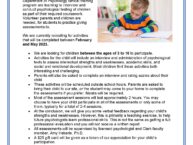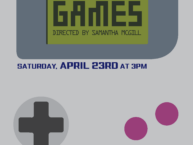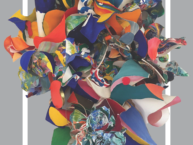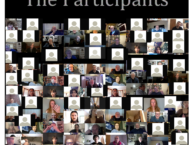“Who has a stake? How stakeholder processes influence partnership sustainability,” an article by professors Laurie Ross, Jennie C. Stephens and Mary-Ellen Boyle, is published in the 2011 edition of Gateways: International Journal of Community Research and Engagement (vol. 4). The article is featured on Sciencegate – an open access online initiative.
In their article professors Ross, Stephens and Boyle look at the partnerships that emerge between members of higher-educational institutions and their surrounding communities as “universities attempt to expand their relevance by engaging with local and regional societal challenges.” Using three distinct community-university partnerships in Worcester as their points of focus, the professors distinguish between partnership stakeholders and their relative importance in each partnership. Their findings build “upon current understandings of critical factors in partnership sustainability.” The professors argue specifically that “stakeholder power and legitimacy, along with stakeholder urgency, are key factors in sustaining community-university partnerships.”
The three Clark authors embody such active interdisciplinary research representing a variety of specialties and strengths between them. Professor Ross is the associate director of International Development, Community, and Environment (IDCE) and assistant professor of Community Development and Planning. Professor Stephens, also of IDCE, is the department’s assistant professor of Environmental Science and Policy (ES&P) and coordinator of the ES&P graduate program. Professor Boyle is associate professor of management at the Graduate School of Management.
Gateways reports a highly selective article acceptance rate of 31% and publication follows review by two independent, qualified peer referees before submission to the journal’s editorial committee. Gateways was established in 2008 in response to “a growing global movement of university-community collaborative research initiatives” and features works that “not only transcend university-community, researcher-practitioner and scholar-activist boundaries, but also bridge disciplinary boundaries”
